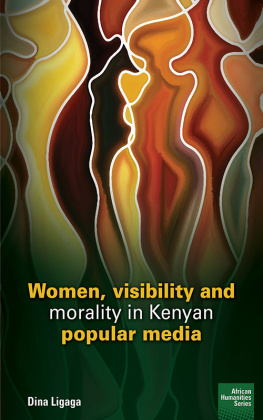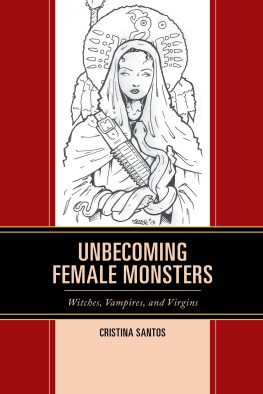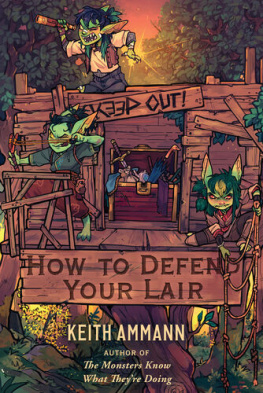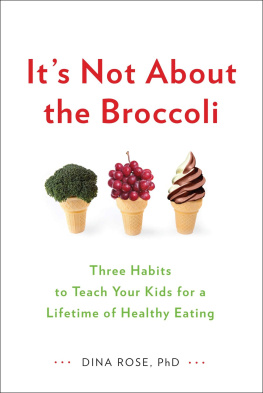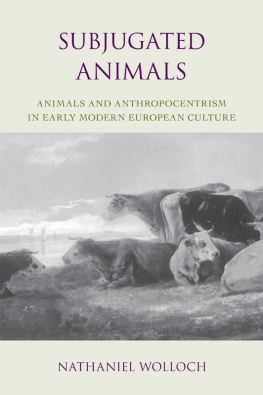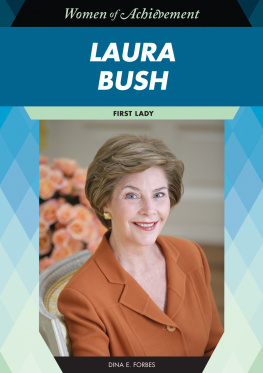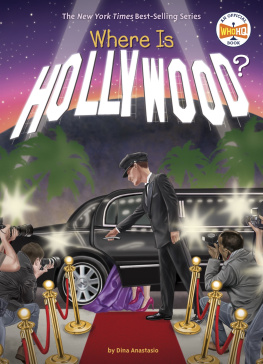MAN-EATING MONSTERS
EMERALD STUDIES IN DEATH AND CULTURE
Series Editors: Ruth Penfold-Mounce, University of York, UK; Julie Rugg, University of York, UK; Jack Denham, York St John University, UK
Editorial Advisory Board: Jacque Lynn Foltyn, National University, USA; Lisa McCormick, University of Edinburgh, UK; Ben Poore, University of York, UK; Melissa Schrift, East Tennessee State University, USA; Kate Woodthorpe, University of Bath, UK
Emerald Studies in Death and Culture provides an outlet for cross-disciplinary exploration of aspects of mortality. The series creates a new forum for the publication of interdisciplinary research that approaches death from a cultural perspective. Published texts will be at the forefront of new ideas, new subjects, new theoretical applications and new explorations of less conventional cultural engagements with death and the dead.
Published titles
Brian Parsons, The Evolution of the British Funeral Industry in the 20th Century: From Undertaker to Funeral Director
Ruth Penfold-Mounce, Death, The Dead and Popular Culture
Matthew Spokes, Death, Memorialization and Deviant Spaces
Racheal Harris, Skin, Meaning, and Symbolism in Pet Memorials: Tattoos, Taxidermy, and Trinkets
MAN-EATING MONSTERS
Anthropocentrism and Popular Culture
EDITED BY
DINA KHAPAEVA
Georgia Institute of Technology, USA
Emerald Publishing Limited
Howard House, Wagon Lane, Bingley BD16 1WA, UK
First edition 2020
Selection and editorial matter copyright Dina Khapaeva, 2020. Published under exclusive licence. Individual chapters Authors.
Reprints and permissions service
Contact:
No part of this book may be reproduced, stored in a retrieval system, transmitted in any form or by any means electronic, mechanical, photocopying, recording or otherwise without either the prior written permission of the publisher or a licence permitting restricted copying issued in the UK by The Copyright Licensing Agency and in the USA by The Copyright Clearance Center. Any opinions expressed in the chapters are those of the authors. Whilst Emerald makes every effort to ensure the quality and accuracy of its content, Emerald makes no representation implied or otherwise, as to the chapters suitability and application and disclaims any warranties, express or implied, to their use.
British Library Cataloging in Publication Data
A catalog record for this book is available from the British Library
ISBN: 978-1-78769-528-3 (Print)
ISBN: 978-1-78769-527-6 (Online)
ISBN: 978-1-78769-529-0 (EPub)
Contents
Jacque Lynn Foltyn
Dina Khapaeva
Dina Khapaeva
Sami Pihlstrm
Paul Freedman
Carol Senf
Svetlana Tcareva
Kelly Doyle
About the Contributors
Kelly Doyle, PhD, teaches in the English department at KPU, Canada. Her research and teaching specializations include Film Studies, Critical Theory, and Contemporary Horror/Gothic Studies. She has written extensively about the filmic zombies ability to call the figure of the human into question; horror and anthropocentrism remain her central research focus.
Jacque Lynn Foltyn, PhD, Professor of Sociology, National University, La Jolla, California, is a cultural critic, social theorist, author, and media expert across the fields of death, popular culture, and fashion. She has appeared on NBC Today, CNN, CBS 48 Hours, BBC, NPR; and interviewed by The New York Times.
Paul Freedman is a Professor in the History Department at Yale University. His interests are in the Middle Ages and the history of modern food and cuisine. He is the author of Ten Restaurants That Changed America (2016) and a new book, American Cuisine and How It Got This Way.
Dina Khapaeva is a Professor at the School of Modern Languages, Georgia Institute of Technology. Her research comprises death studies, cultural studies, Russian studies and historical memory. Her recent monographs include The Celebration of Death in Contemporary Culture (The University of Michigan Press, 2017), Nightmares: From Literary Experiments to Cultural Project (Brill, 2013).
Sami Pihlstrm is a Professor of Philosophy of Religion at the University of Helsinki, Finland, as well as the President of the Philosophical Society of Finland. He has published widely on pragmatism, ethics, metaphysics, and philosophy of religion. His recent books include Taking Evil Seriously (Palgrave Macmillan, 2014), Death and Finitude (Lexington, 2016), and Kantian Antitheodicy: Philosophical and Literary Varieties (with Sari Kivist, Palgrave Macmillan, 2016).
Carol Senf, Professor at Georgia Tech, specializes in gothic studies, focusing on Stoker. She has written three books and a number of articles on Stoker and annotated two of his novels. She has also written on King and LeFanu as well as mainstream writers, including the Brontes, Dickens, Eliot, and Hardy.
Svetlana Tcareva is a PhD candidate in the Slavic Languages and Literatures Department at Yale University. Her research interests include Soviet literature, food studies, horror, and the body. She is currently working on her dissertation about food horror and monstrous consumption in Soviet literature, film, and art between 1900 and the 1930s.
List of Contributors
Kelly Doyle | Kwantlen Polytechnic University, Canada |
Jacque Lynn Foltyn | National University, USA |
Paul Freedman | Yale University, USA |
Dina Khapaeva | Georgia Institute of Technology, USA |
Sami Pihlstrm | University of Helsinki, Finland |
Carol Senf | Georgia Institute of Technology, USA |
Svetlana Tcareva | Yale University, USA |
Foreword
What Do Humans Taste Like?
That question came to mind when Dina Khapaeva asked me to write the foreword for Man-Eating Monsters: Anthropocentrism and Popular Culture. Certainly, the books title and focus popular cultures love affair with human-eating monsters, intrigued me. Being devoured is a primordial fear, which explains why mythic monsters of the ancient world, the Brothers Grimm, and vampire lore feast on human flesh and blood.
Of werewolves, vampires, zombies, sci-fi aliens, man-eating beasts and cannibals, only beasts and cannibals are real. I live in coastal California, and occasionally a Great White shark or mountain lion claims the life of a human who has invaded its domain. I remember the cannibal scenes in Tarzan films, Daniel Defoes Robinson Crusoe (1719), and Joseph Conrads Heart of Darkness (1899), and ruminate on the lyrics from Timothy (1970), sung by the Buoys, about three hungry friends in a collapsed mine who eat one of their own. I think about the pioneer Donner party, snowbound in the Sierra Nevada in 18461847, eating their dead to survive;1 stories of shipwrecked sailors drawing lots to determine who to kill and eat; and the Uruguayan rugby players who crashed in the Andes in 1972 and stayed alive by eating the dead. And then there are the notorious cannibalistic serial killers the fictional Hannibal Lector and the factual Milwaukee Cannibal, Jeffrey Dahmer.




